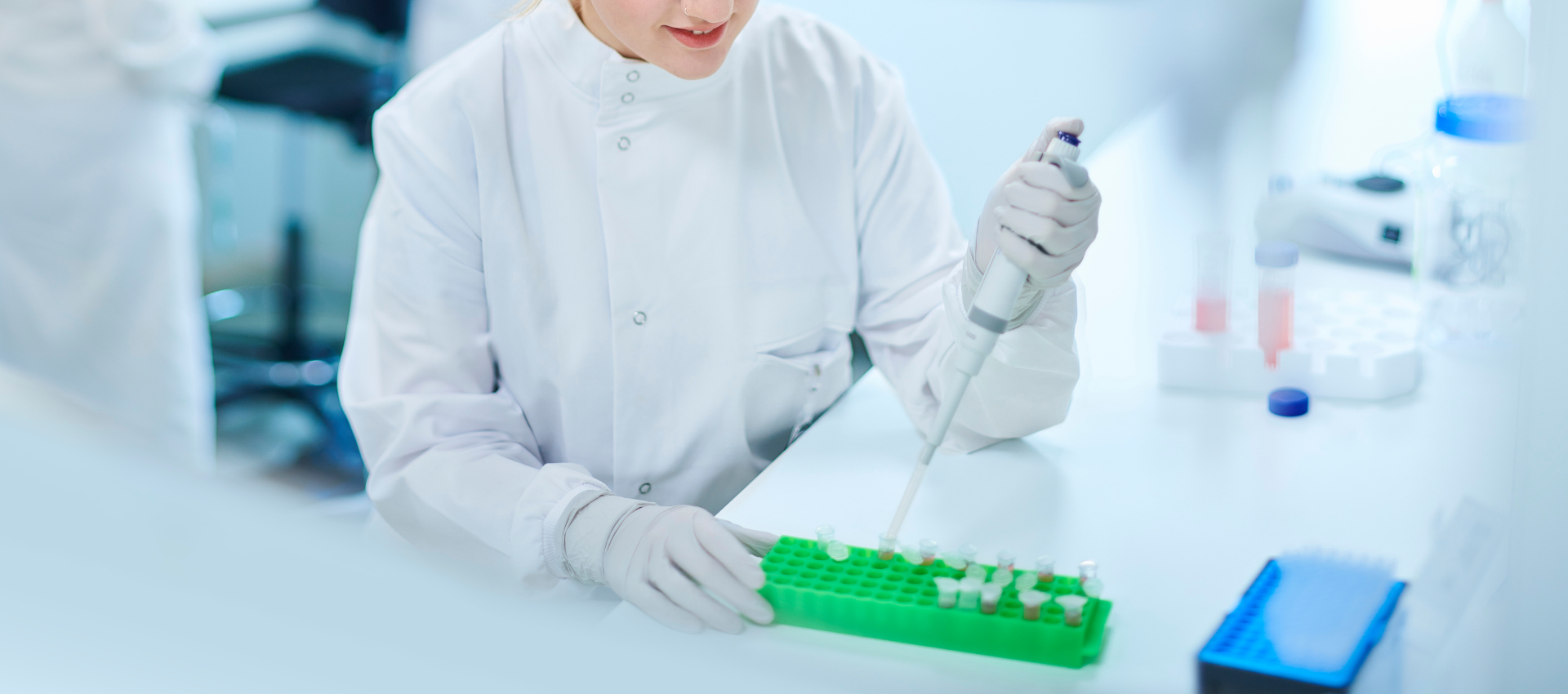Benefits and Disadvantages of Genetic Testing
Having genetic testing done on your genes can give you a lot of information about your health, and could prevent you from suffering from serious diseases. However, there are some benefits and disadvantages to genetic testing, so it is important to know what they are.
Tests can reveal if you have a genetic disorder
Getting genetic testing is an easy way to determine if you have a genetic disorder. Genetic testing helps to identify genetic risk factors, so that you can get the best treatment and medicine for your specific genetic condition. This type of testing is also helpful for identifying high-risk groups for certain cancers and other diseases.
If you are unsure about getting genetic testing, you should speak with a genetic counselor. A genetic counselor will help you understand the test, as well as the results. They will also gather your family’s health history, so that they can determine whether or not you are likely to develop the condition.
Tests can reveal if you have a disease-causing gene
Getting genetic testing is a personal decision. It should be discussed with your doctor and your family members. It’s also important to ask about the results of the tests. Genetic counseling can help you understand the implications of the tests.
There are several types of genetic tests, each with different benefits. They can tell you if you have a disease-causing gene, which can help you manage your condition and find a treatment plan. Some tests can also show you the risk of cancer and other diseases.
Tests can reveal if you have a harmless gene variation
Getting genetic testing can give you important information about your health and your chances of developing a particular disease. However, not everyone gets a positive result. The good news is that a negative result is not always a bad thing.
In fact, it can help you manage your risks. For example, if you have a gene that makes you more likely to get breast cancer, you might want to start taking steps to reduce your risk.
Genetic testing can also show you if you have an inherited cancer susceptibility syndrome. This can help you decide how to take care of yourself and your family.
Tests can reveal if you have a severe form of the disease
Whether you have a family history of cancer or a known gene mutation, genetic testing can help you understand your risk of developing the disease. Genetic testing can also help you identify the disorder sooner and plan for your future.
There are many different kinds of genetic tests. They vary in how accurate they are, what information they can provide, and the cost involved. Before you decide to have a genetic test, talk to your health care provider and family.
Tests can lead to mental anguish
Several studies have shown that genetic testing can have psychological effects. During genetic counseling, patients may be told about their test results and given treatment options. These treatments are designed to prevent or improve the patient’s health. However, it is not always necessary to have a patient’s consent before testing is performed.
Genetic testing is not always required, so it is important to weigh the medical, emotional, and social concerns. For children, the primary justification for testing should be a timely medical benefit.
Tests can be difficult to distinguish between a disease-causing gene and a harmless gene variation
Thousands of variations in human DNA can make it difficult to distinguish between a disease-causing gene and a harmless gene variation. The results can be confusing and frustrating to patients. Fortunately, more research is underway to improve the accuracy of genetic testing.
The American College of Medical Genetics and Genomics (ACMG) and the Association of Molecular Pathologists (AMP) have published guidelines and standards for sequencing and reporting of variants. The ACMG has also issued joint consensus recommendations for the interpretation of sequence variants.
Tests can help prevent severe forms of the disease
Whether you are worried about getting cancer or want to prevent cancer in your family, there are many reasons to get genetic testing. It can help you understand your family’s risk of getting cancer, and can also help you decide on health care options. You may also want to consider genetic testing if you have an inherited genetic mutation.
Genetic testing can give you information about your risk for specific diseases, such as breast cancer or colon cancer. You may also be able to find out if you are at risk for other cancers.
Tests can reveal if you have a cancer susceptibility syndrome
Whether you have cancer, or you’re at risk of developing it, genetic testing can reveal if you have a cancer susceptibility syndrome. It can help you determine your risk, and it can also provide you with information about treatment options. However, it’s important to keep in mind that the accuracy of genetic tests varies with the type of condition you’re testing for.
The first step is to consult a doctor. This doctor can then discuss your options with you. You may need to undergo genetic counseling to help you understand the implications of your results. You’ll also need to think about who to tell. You may want to discuss the results with your family, or you may want to keep it to yourself.

